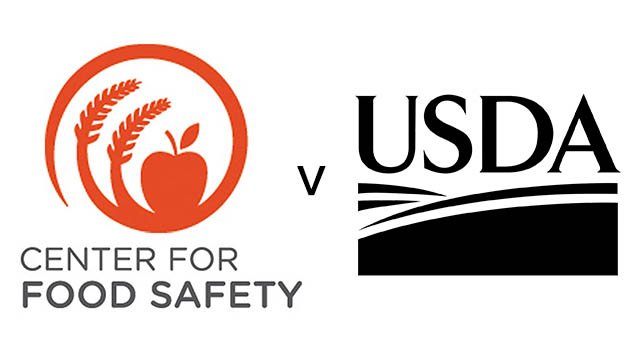by Shicana Allen
On March 13, 2014, the nonprofit Center for Food Safety (CFS) filed a lawsuit against the USDA, demanding the release of nearly 1200 federal documents from its Agriculture, Animal and Plant Health Inspection Service (APHIS). The official pages would detail the agency’s decision-making process in a very puzzling change of heart on genetically engineered alfalfa. For several years, the Center has sought to uncover the true reasons for the USDA’s abrupt, unexplained abandonment of its negative position regarding this fourth most widely grown crop in the United States, third in terms of value, and key feedstock for the dairy industry. Alfalfa is also widely used in nutritional and herbal supplements and medicines for humans.
Back in January 2011, APHIS suddenly granted biotech giant Monsanto a full unrestricted approval to sell Roundup Ready seeds. Although CFS originally filed a Freedom of Information Act request that same month for release of said documents, the government agency has for years now ignored and illegally withheld the printed pages from public view, without explanation. The recent filing acts as yet another attempt to compel APHIS to fulfill its court-ordered obligation.
Although the USDA originally granted permission for Monsanto’s alfalfa in 2005, a vocal coalition of public interest groups and farmers challenged the agency’s approval in court, and won. The crop’s planting, sale and use was halted, and APHIS was ordered to prepare a robust analysis of its impact on farmers and the environment. The report acknowledged that transgenic alfalfa posed significant economic, agricultural, and ecological dangers, including genetic drift, and recommended the placement of severe restrictions to minimize this potential contamination. Just one month after this initial determination of extreme risk, the USDA turned on its heels and unexpectedly went in the complete opposite direction. Even members of the media questioned the puzzling reversal. The looming suspicion is that undue political or corporate pressure influenced the government agency’s decision to approve the crop.
In the past, more than 90% of alfalfa planted by U.S. farmers has been grown successfully without any herbicide application. Unfortunately, the cultivation of massive amounts of GM alfalfa has not only genetically contaminated both organic and conventional crops, but is responsible for 23 million more pounds of toxic herbicides used each year, according to USDA data.
Shicana Allen has been a health, environmental, and food safety advocate, writer, and public speaker for over 20 years.


